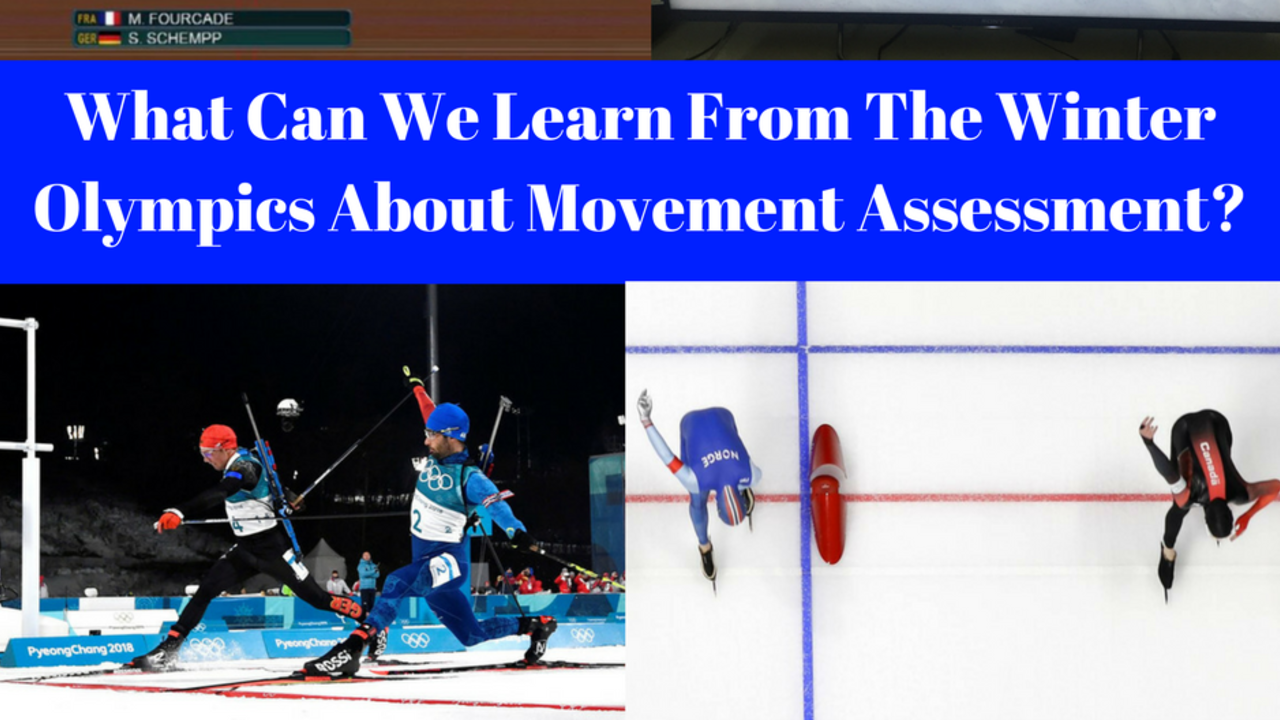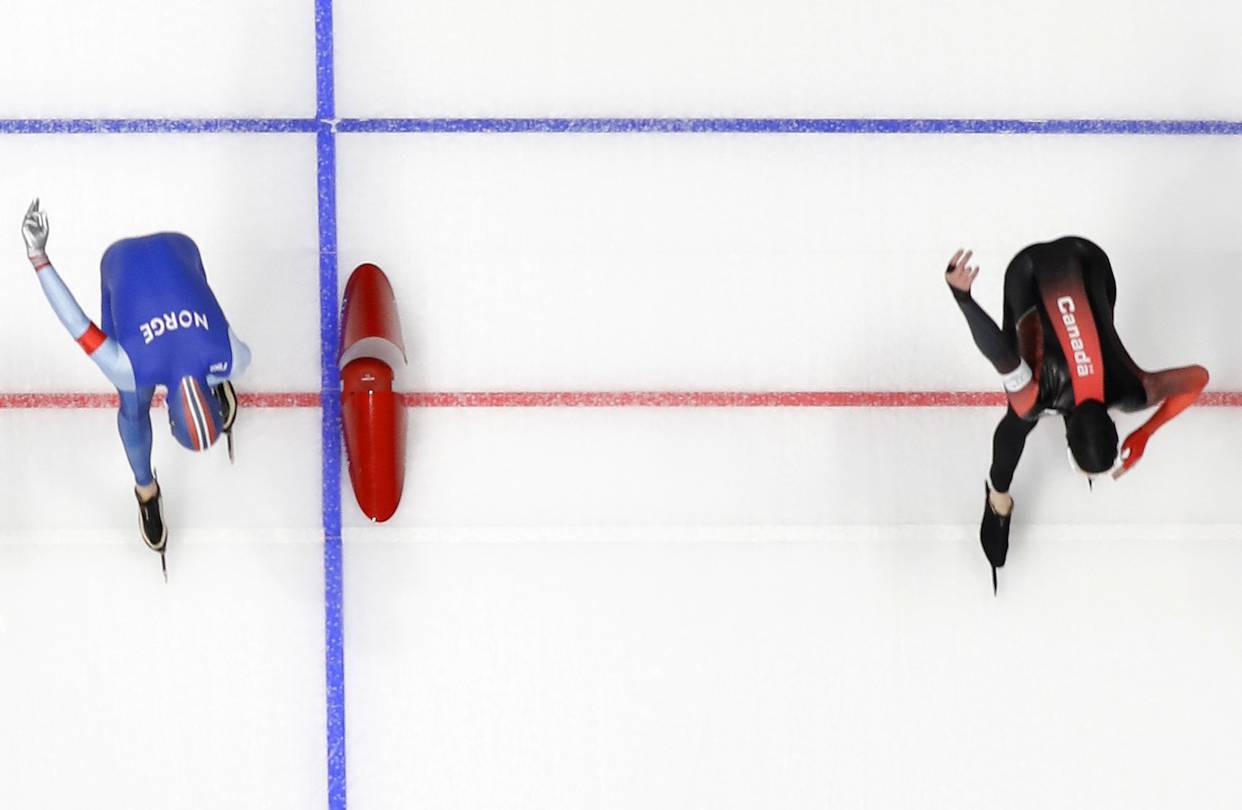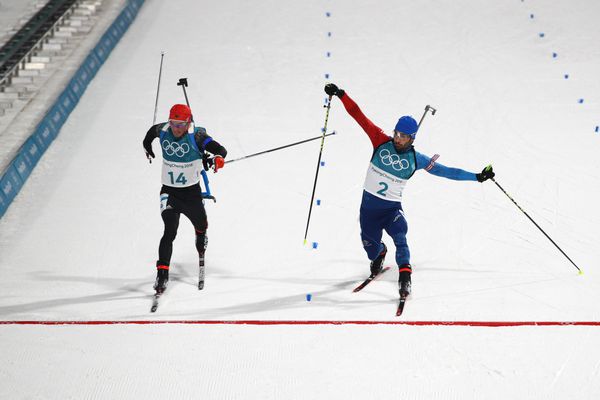What Can We Learn From The Winter Olympics About Movement Assessment? - It's Not What You'd Expect
Feb 26, 2018
Well, it's been an amazing two weeks at the Winter Olympics games in Pyeongchang, hasn't it?
Filled with amazing record-breaking feats, it's been must-watch viewing. If you're like us at MAT, you've been glued to the screen to see how far the human body can be pushed. Often just a little too far as the injury list of hundreds of major injuries over the past two weeks proves.
This blog post isn't about how many injuries occurred though, or how they could have used the MAT to help identify those who may have been at a higher risk of injury during the games. They could have, but that's another post altogether. It's not even about the biomechanics of the sports and common risk factors that need to be assessed or improved.
We can learn a lot more about assessing our patients and athletes from the games by looking at how they determine the outcome.
So, what can we learn from?

The Use Of OBJECTIVE DATA
Every profession uses objective data to help determine their outcomes.
Accountants need it to help you make decisions on the state of your business.
Researchers need it to help determine the effectiveness of a particular intervention.
Sales and marketing professionals need it measure the effectiveness of their campaigns.
And the judges who decide who is going to take home the gold definitely need it.
Because if they're not measuring, THEY'RE GUESSING!
No one would be happy if the person who took home the gold above was decided by guessing without the use of objective data and accurate and reliable timing systems.
Imagine how the athlete would feel? They've performed hours of training in the lead up to the Olympics, to have their fate decided by chance. Or that they've spent hours training in the lead up to try and win the gold to find out they're no closer to the three seconds off the mark they were four years before after putting in all this hard work in.
Likewise, I'm sure you wouldn't be happy if your accountant was providing you business advice without looking at the objective data from your business finances.
So if sports need objective data to determine the outcome of a race and all these professions need it to determine the outcome and effectiveness of their jobs, why have manual therapies been so slow to adapt?
Most of the traditional methods of assessment that we were (and are still being) taught at University were subjective in nature with little ability to ascertain the effectiveness of a particular intervention, whether that be from a manual treatment or rehabilitation exercise.
So, how do our patients feel when they get off the treatment table after a session or after 2 weeks of doing exercises and you're not able to tell them if they are any closer to reaching their goals and doing the things they need, want and love to do?
There is another way though!
Using our MAT and using our teachings from our MAT Live or MAT Online courses, we can help you set more meaningful, SMART goals based on objective data using the MAT and other testing methods. We'll then help you track this progression over the time, keeping patients engaged and reaching their goals, whether that's returning to the elite level on the sporting field or just working around the house in the garden.
If you have any questions how you can use objective data in your practice, please feel free to email us at [email protected]
Download Our Measurz App For FREE And Perform, Record and Track 500+ Tests With Your Clients Today.
Want To Improve Your Assessment?
Not Sure If The MAT Data-Driven Approach Is Right For You?
Get a taste of our MAT Course and data-driven approach using the MAT with a FREE module from our online MAT Course.
We hate SPAM. We will never sell your information, for any reason.




